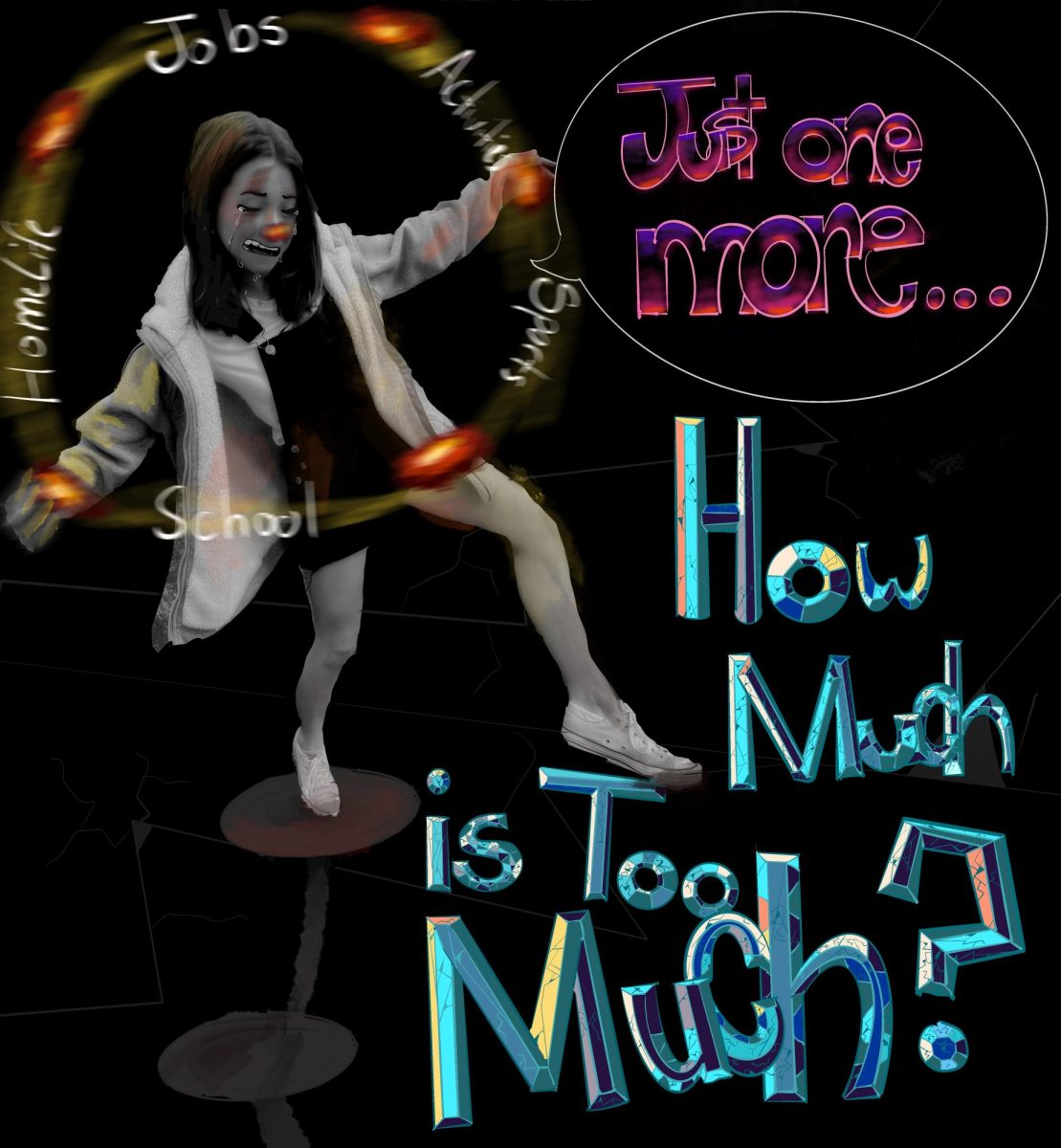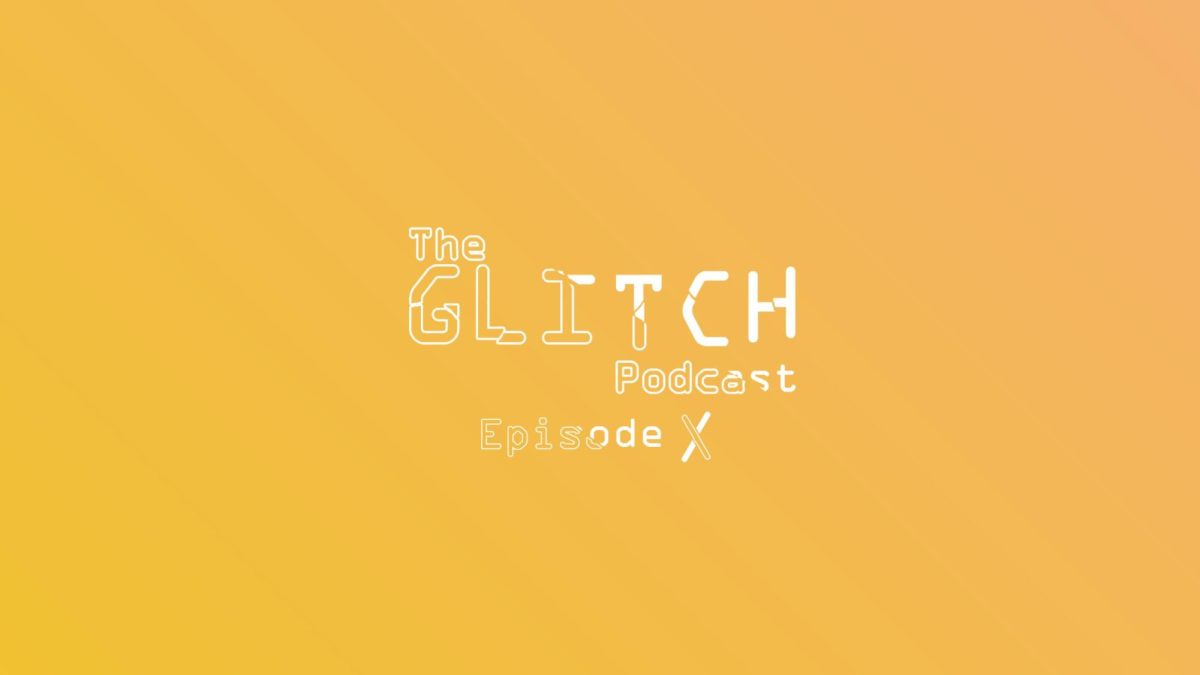Right now, you have most likely met someone with ASD, and what you think you know about them is most likely wrong.
About Autism Spectrum Disorder
According to the article “Shocking Autism Statistics” by Mark Elias, the prevalence of Autism (ASD) has increased by 178% since the year 2000.
Autism is often different in girls than it is in boys. Symptoms for boys start to show up at around ages two to three and are more present, while girls could have Autism but not be diagnosed because their symptoms aren’t as present.
A common misconception about people with ASD is that they aren’t as skilled in certain subjects or that they cannot socialize as well as those without ASD. While that can be true for some, the symptoms can range from full non-verbalization to undeveloped social skills and stunted learning abilities.
Other mental disorders like Attention-deficit/hyperactivity disorder. ADHD and Attention Deficit Disorder, ADD often co-occur in Autistic children, meaning the person has both at the same time. People with Autism are more likely to have other physical issues like attention-deficit/hyperactivity disorder (ADHD), anxiety and depression, gastrointestinal (GI) disorders, dyslexia, seizures and sleep disorders because of their neuroinflammation and heightened immune response.
Autism can be genetic. 60%-90% of your risk of Autism comes from your genome, meaning if you have one Autistic child, the chances are higher for you to have another with Autism or another neurological disorder.
With all of these facts, the one thing that holds true is that ASD really is a spectrum and it looks different in anyone diagnosed with ASD.
Julie Pedersen quoted from Dr. Stephen Shore,“When you meet one person with Autism, you’ve met one person with Autism.”
In Their Own Words
Evan Bell ‘25 – Student with ASD
“I read a really good quote from an Autistic speaker. He [Kelly Margo] said: ‘My Autism doesn’t define me, I define it,’ and that really stuck with me,” Bell said.
Bell finds joy in singing in Julia Dale’s school choir, playing Minecraft and learning about pop culture, internet culture and history. He spoke about his Individualized Education Plan, IEP, and resource class, making it easier to get things done in school.
“I can hold my own. I can hold a conversation outside of my interests. I can react. I can be very empathetic. I can be friendly and nice,” Bell said.
Bell explained his distaste for prejudice, saying it ruins people’s lives and causes the internet “to go up in flames.” He used the connection of Star Wars and all the different species, skin colors and languages to show that everyone is different and there will always be people who won’t accept that. Bell hopes to become an online activist to show those suppressed and misunderstood that they are not alone.
“I love Star Wars, and I love how inclusive everything is because there’s like completely different species… But prejudice just ruins everything,” Evan Bell.
“But another thing that you gotta know about me is prejudice, I wish I could just snap it out of existence. I am on that (ASD) spectrum and I have had a lot of struggles, a lot of misunderstandings, a lot of diffusions, a lot of misinterpretations, and I can be very blunt sometimes, but the fact of the matter is, I have definitely grown up,” Bell said.
Danielle Bell – Teacher and parent of an ASD child
English teacher Danielle Bell emphasized her experiences of being a teacher and a parent of two Autistic sons. She emphasized the importance of meeting students’ needs, regardless of their special needs.
“So, I think it’s important as an educator to meet students where they are, but also to understand that things like Autism and dyslexia and all types of other things are just not visible to us as people,” Bell said.
She discussed the process of getting an IEP for her son (Evan Bell ‘25), which involves steps like Response to Intervention (RTI) and Section 504, protection from discrimination for a disability.
She highlighted the differences in accommodation needed for various disabilities and the stigma around Autism. She also mentioned moving from Texas to Colorado for better support for the twice-exceptional students, who are both gifted and have disabilities.
“I’m a high school English teacher, but I am pursuing my educational doctorate,” Bell said.
Bell is working to get her doctorate in Education Innovation and Change.
“It’s the getting my doctorate will allow me to do all types of things. The chief among those [required prerequisites] being for my doctorate, I have to do a dissertation. My dissertation research is in twice exceptionality, which is student or a person, any person who has a learning disability or challenge and also is gifted,” Bell said. “So, looking at the experiences and lives and things that educators who are gifted and have a learn to challenge experience that is different than a neuro technical teacher would experience.
There’s so many amazing things that go on the walls of this building, on the grounds of this school programs and our clubs and academics,” Bell said. “There’s so many things that are accolades, praise, there’s work still to be taught. The most vulnerable students in our population are also for most at risk to be lost to us if there is a change.”
Bell shared her experience working with students and how many are afraid to advocate for their needs or wants in class.
“When you have accommodations, you have a team at your school of professionals who are there to support in addition to your classroom teachers,” Bell said. “So, you should use them to help you learn to advocate for yourself, explaining with your teacher what you need and why, if you understand why this is important, not because you owe anyone an explanation, but because it helps other people understand where you’re coming from. But it’s also your legal right.”
Jen Scott – Special education teacher and speech language pathologist
Jen Scott, special education teacher and a speech-language pathologist at Rock Canyon, focused on the challenges faced by students with ASD in navigating social interactions and the broader community.
“I know how hard our students on the spectrum work to adapt to what we see as our socially acceptable environment, and it is exhausting for these kids to do what we call masking. We have kids who mask throughout the day, and they do their best just to look like everyone else and blend in. But when they go home, they are exhausted, and they fall apart,” Scott said.
Our school provides a sensory space in room 2100 to help students regain composure throughout the day.
“We have a couple of teachers that have written grants and got funding to provide some of the materials that are in there, such as soft lighting, sensory tools and fidgets,” Scott said.
Scott mentioned the prevalence of Autism, with 1 in 36 people affected, and the significant wait times for diagnoses.
“There’s been a big shift from Autism awareness to Autism acceptance, and I am definitely seeing that movement alive and well in our school,” Scott said.
Julie Pedersen – SSN and EA
Julie Pedersen, Significant Support Needs (SSN) and teacher assistant (EA) emphasized that Autism is highly varied and individuals with Autism are not easily characterized.
“But really, Autism is as varied as any person on the planet,” Pedersen said.
Pedersen discussed the spectrum of Autism, which now includes ADHD, ranging from minimally impacted to non-verbal with severe behavioral issues. She finds the honesty and directness of Autistic individuals when it comes to socializing to be a strength and a challenge.
“A lot of times, when I’m working with an Autistic student, they’ll just be very direct and very blunt,” Pedersen said. “So, I would say kids with Autism, their honesty is something I really appreciate.”
Pedersen spoke of the misconceptions perpetuated by the media, such as the portrayal in the movie “Rain Man” starring Tom Cruise and Dustin Hoffman. She stressed the importance of understanding each person’s unique needs and abilities.
Scott Karcz – Department Chair for Special Education
Scott Karcz, Department Chair for special education, oversees the whole department of mild, moderate and severe needs.
“Being able to provide them with the accommodations and services to help them in those areas is very significant,” Karcz said.
Karcz explains the sensory requirements and how they vary with each individual student.
“Some might not do well with noises, and so they often have headphones in their ears to block some of the high-pitched noises. Some of them need a sensory break.” Karcz said.
At our school there are students on the spectrum who receive speech services and what special needs teachers call mental health services. There are small groups, resource classes and individual sessions that help students to learn in different areas or ways to help with executive functioning, meaning, and keeping track of assignments and organization.
Karcz pursued his job in special education because of the positive role models and influences growing up. He has always found that he has a passion for understanding students who have disabilities.
Karcz talked about how he wants to make students feel successful and to help them throughout their educational career.
“You know, in this world, everybody is born differently and my wish is to make a positive impact on students that have a disability and to help them academically, socially and emotionally,” Karcz said.
Right now, you have most likely met someone with Autism Spectrum Disorder, and now you know more about them. The difference now is the way you perceive them. Not just being aware of their Autism, but accepting it.
Finding Help
If you share symptoms and are concerned, talk to your doctor about a possible diagnosis or visit Autism Speaks. This site and diagnosis are more directed towards adults. If you are looking for a diagnosis for your child or yourself, talk to their pediatrician or autism specialist, who will most likely perform the Autism Diagnostic Observation Schedule™ (ADOS™-2), which is used on children 12 months or older.
Autism resources helpline:
In English: 888-288-4762 | [email protected]
En Español: 888-772-9050 | [email protected]

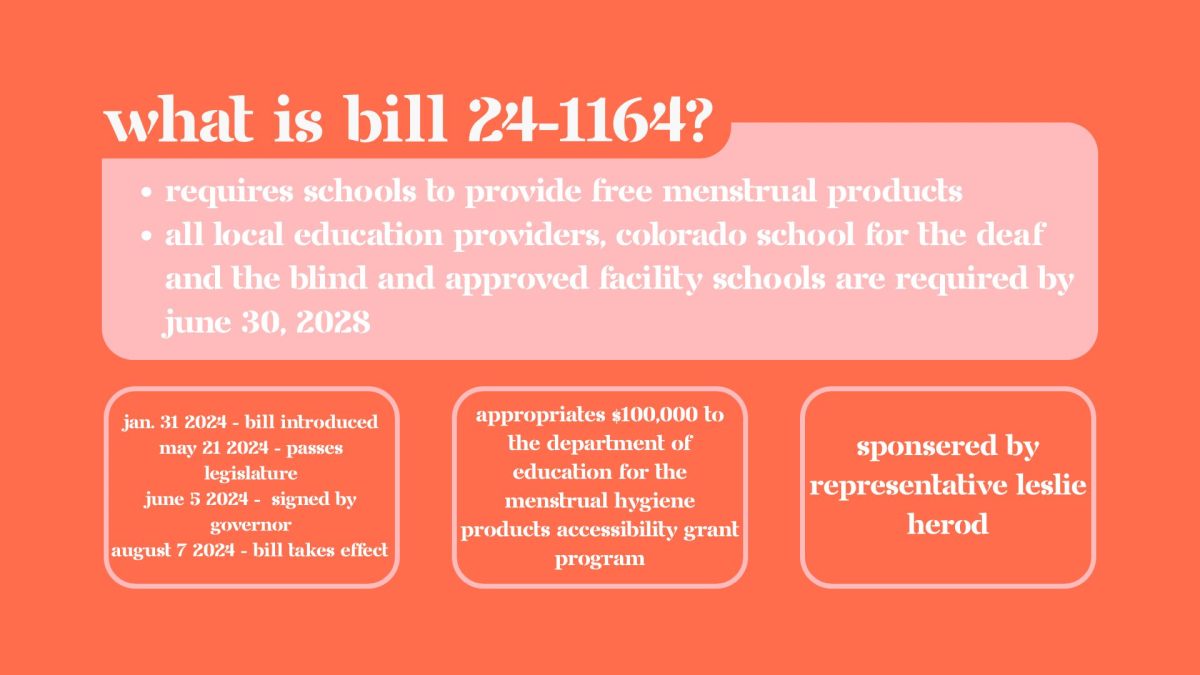

![Minutes before the Activities Fair in the gym, president Abhi Gowda ‘26 prepares the stall for his club Helping Hands, Sept. 4. A relatively new club, Helping Hands was co-started by Gowda and focuses on assisting the homeless, and just last year they succeeded in raising a couple hundred donations to send to shelters. This year, they have goals to expand, with hopes to increase volunteer opportunities and take in-person trips to shelters, as well as extend their help beyond just homeless people. “The Activities Fair gives a lot of underclassmen the opportunity to really get to know the Canyon culture, and it gives them many opportunities for service and volunteering,” Gowda said. “[Through the Activities Fair,] I hope to find a bunch of new and passionate members about our club and just get our name out there and spread awareness to the cause that we’re fighting for.”](https://rockmediaonline.org/wp-content/uploads/2025/09/1-2-1200x885.jpg)





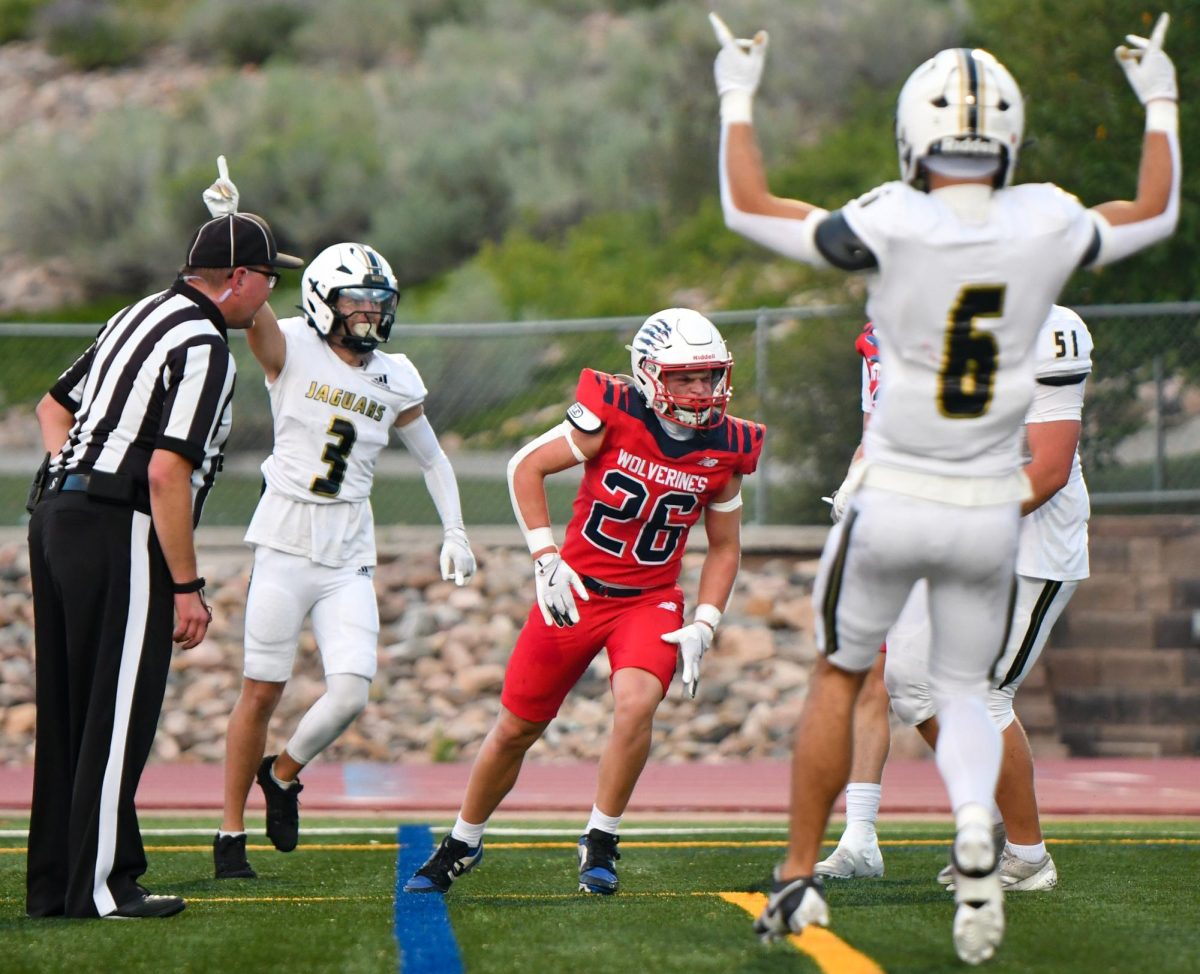

![The winter guard team makes fifth place at the state championship finals in the Denver Coliseum, March 30. The team performed to Barnes Country's “Glitter and Gold,” lead by coaches Margo Sanford, Blair Bickerton and Anna Orgren. In their class there were a total of nine groups participating, and the top five who made it to finals received a plaque. “[Walking onto the stage] is very nerve-wracking, but also very exciting as well. When you first start color guard there's a lot of anxiety and uncertainty when you first perform in front of an audience, but once you've done it for a while, it starts to become the best part of the season,” Ella West ‘25 said. “It's very fulfilling to see an audience react to something you've put your heart and soul into.”](https://rockmediaonline.org/wp-content/uploads/2025/04/Both-socal-media-nd-website-main-1-1200x846.jpg)



![April marks the 25th anniversary of Sexual Assault Awareness Month, created by the National Sexual Violence Resource Center (NSVRC). This month is to spread awareness of the harassment, assault and abuse that happens around the world. The symbol that represented the month was a teal ribbon; however, some survivors of assault create different symbols and movements like the TikTok trend in 2022, where survivors would tattoo Medusa on their body, in honor of her backstory in Greek Mythology. “I don't think [this month is known] at all. I rarely see anybody talk about it. I rarely see much of an emphasis on posting it online, or much discussion about it, and I feel like there needs to be way more discussion,” an anonymous source said. “I think just validating every experience that a person has gone through, regardless of the degree of it, the severity, is an essential step into making sure that people are aware that this is a very real problem in a society and that we need to do better in addressing it.”](https://rockmediaonline.org/wp-content/uploads/2025/04/IMG_0011-1200x900.jpg)





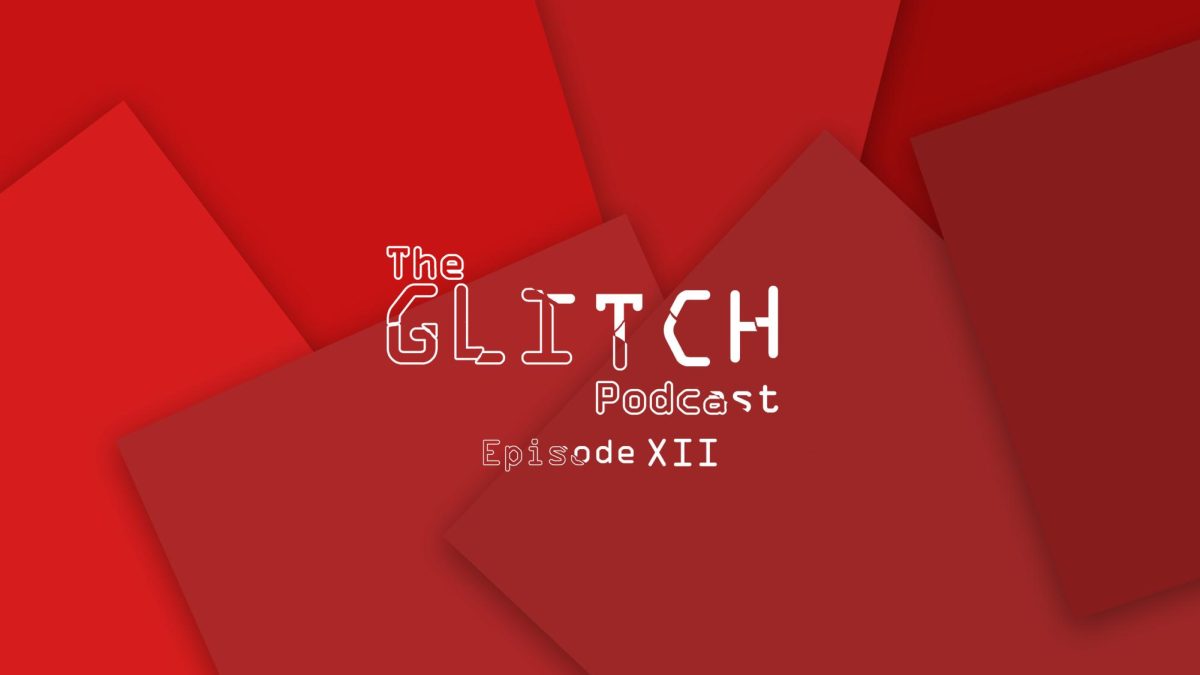
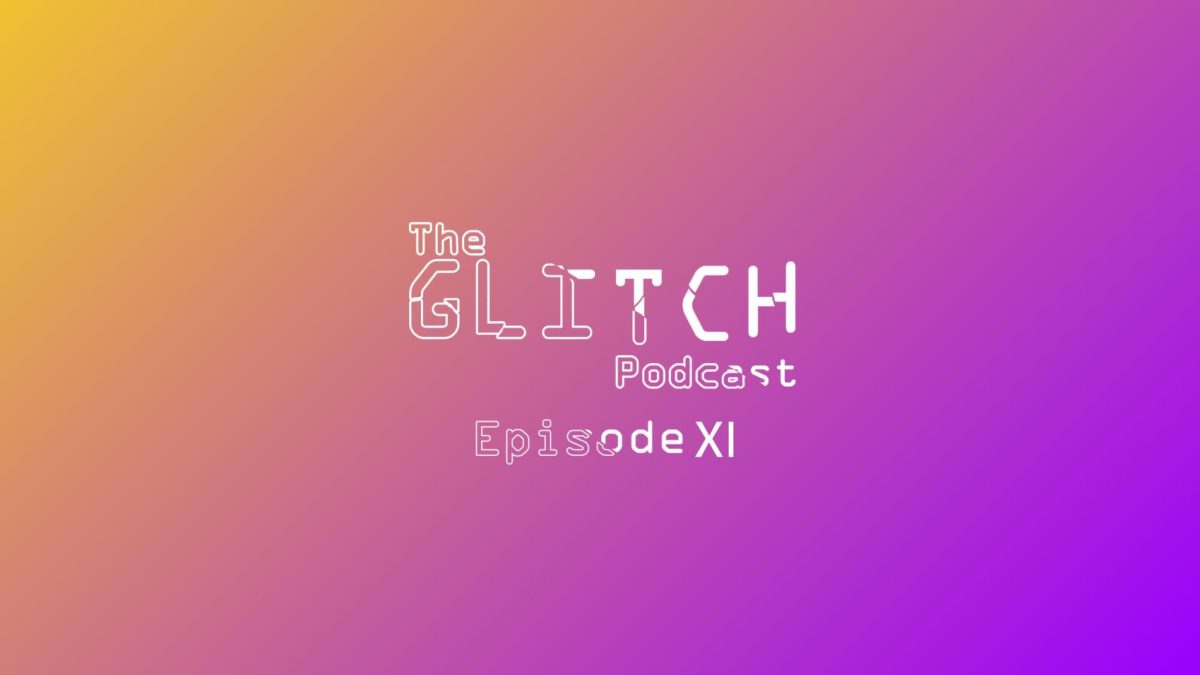

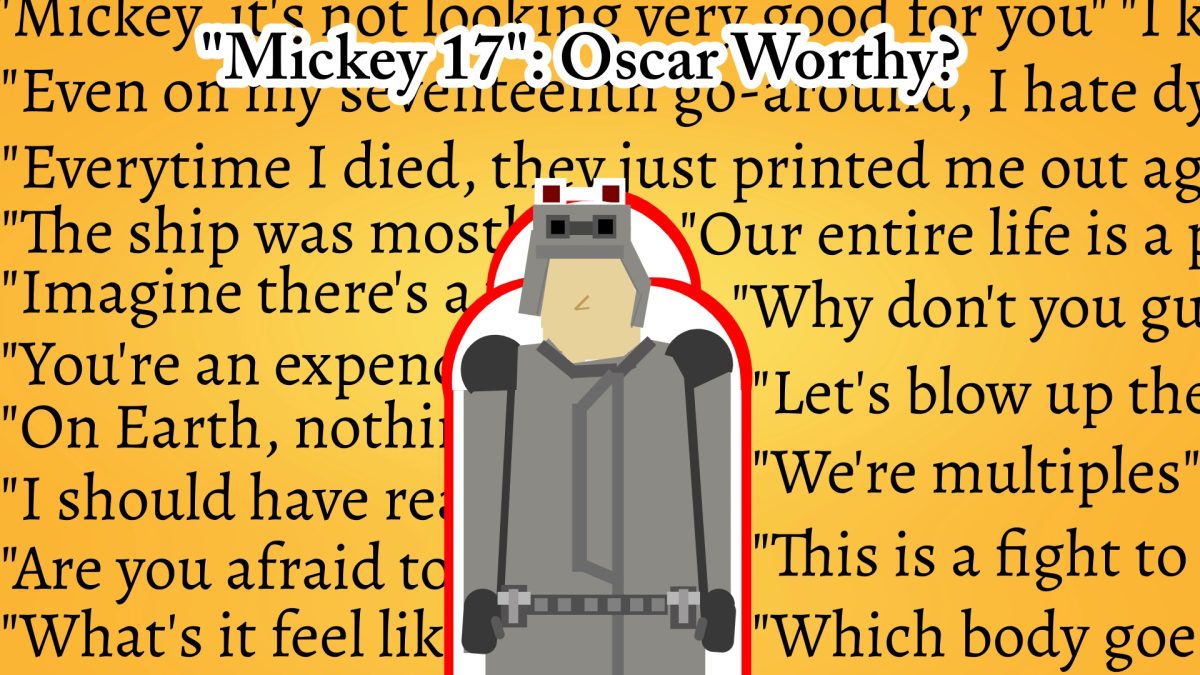



![Lesbian Visibility Day is April 26, and it’s a holiday to celebrate the lesbian community of the world. Lesbian Visibility day was established in 2008 by many queer activists and organizations who sought to raise more awareness for lesbian history and culture. “So this is why during Lesbian Visibility [Day] we celebrate and center all lesbians, both cis and trans, while also showing solidarity with all LGBTQ+ women and nonbinary people,” Linda Reily, in an article written by her, said.](https://rockmediaonline.org/wp-content/uploads/2025/04/Lesbian-Visibility-day.jpeg)
